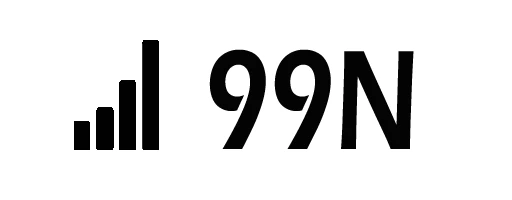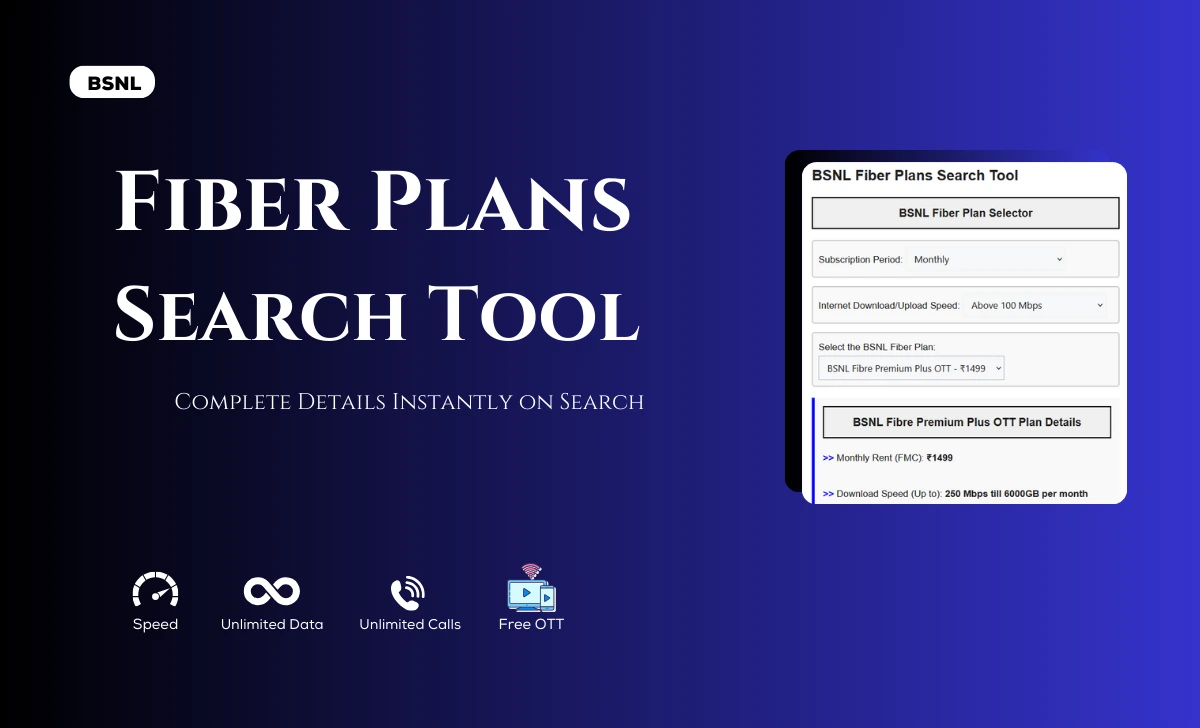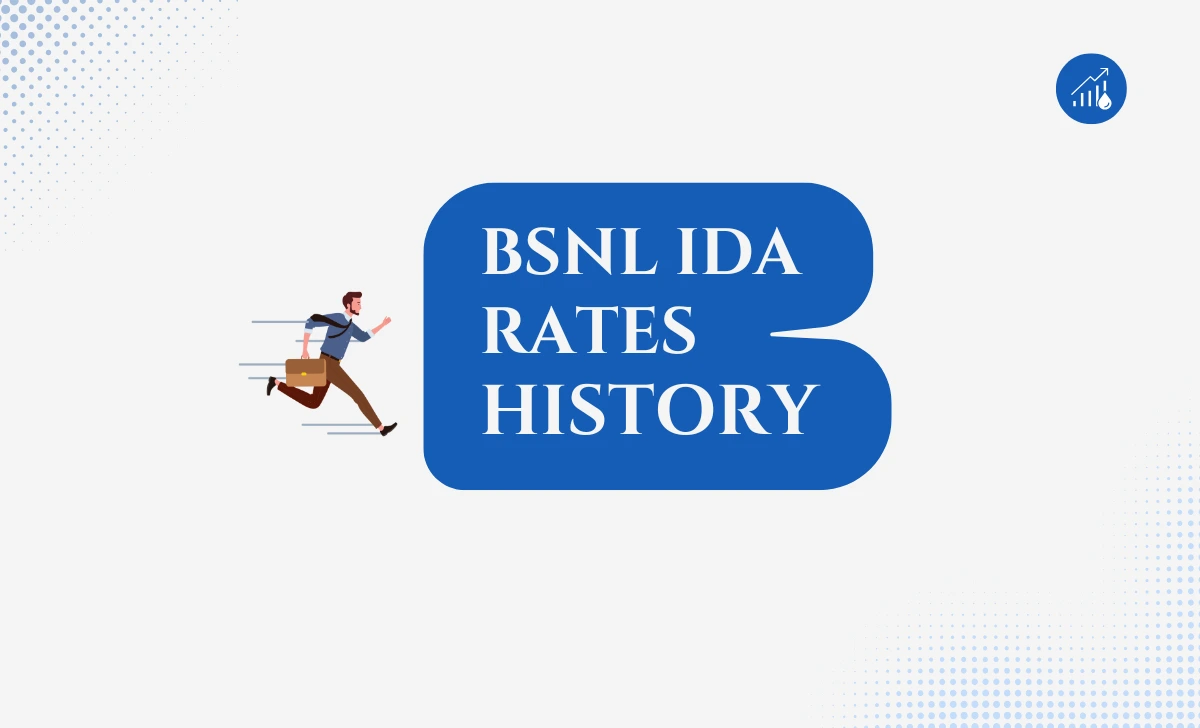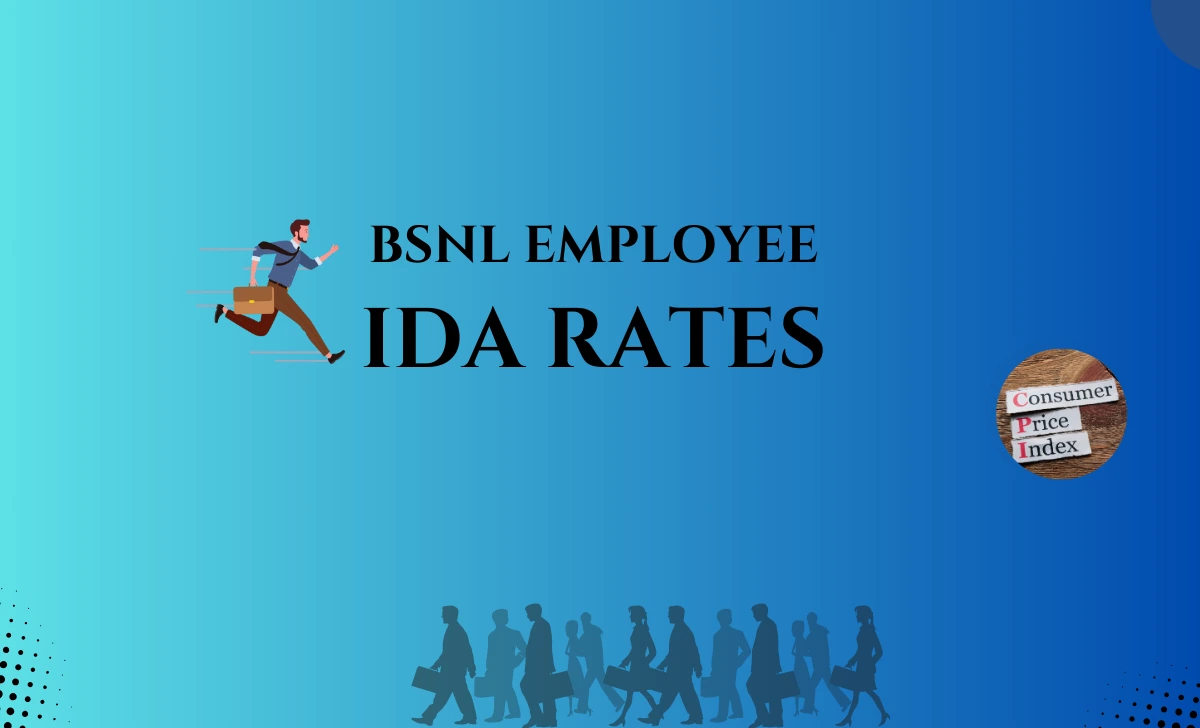Test your score through BSNL online Mock test related with 2018 JTO exam syllabus for internal promotion without GATE scoring through online examination for BSNL JTO new recruitment internal at internalbsnlexam.com…
The following is the revised scheme of new BSNL JTO exam syllabus 2018 for Limited Internal Competitive Examination (LICE) for filling up the posts in the cadre of Junior Telecom Officer (Telecom) in Bharat Sanchar Nigam Limited under 35% and 15% quota. This is the syllabus exclusively for internal BSNL JTO exam 2018 without GATE for the said exam, which already announced the date of examination for BSNL JTO Internal recruitment.
This new scheme of BSNL JTO exam syllabus is provided as per the revised structure announced by the corporate letter 5-11/2009-Pers.IV dated November 01, 2001. Also this syllabus is applicable for all future examinations for BSNL JTO recruitment internal quota until further modification if any.
BSNL JTO Examination Scheme
The examination conducted with two parts of total 150 Marks. Each part is mandatory to qualify. In Part A, again there is two parts each with 25 Marks and Part B with 100 Marks.
| Subject | Maximum Marks -150 | Duration of JTO Exam |
|---|---|---|
| Part A – General English & General Studies | 50 Marks (50 Question of one mark each) | 3 Hours |
| Part B – Technical Paper (Specialization) | 100 Marks (100 Questions of 1 mark each) |
BSNL JTO Exam Syallubus
Let’s take the schedule of BSNL JTO exam syllabus.
Part A – General English & General Studies
Standard of paper: Standard of the BSNL JTO examination paper will be such that of CBSE Xth Standard.
- General English (25 Marks)
The question paper in General English shall be designed to test the candidate’s understanding of English.
The pattern of a question shall be broad as follows
- Comprehension of given passages.
- Usages and vocabulary.
- Grammar
2. General Studies (25 marks)
The paper on general Studies shall include questions on the following topics:-
- General Science.
- Geography of India and its natural resources.
- Current Events of National & International Importance.
- General Mental Ability Test
Questions of General Science will cover General Appreciation and understanding of Science including matters of everyday observations and €xperience, as may be expected of an educated person, who has not made a special study of any scientific discipline.
Questions in the Geography of India and its natural resources will relate to Physical, Social & Economic Geography of India.
Questions on the General Mental Ability Test will include questions on Analogies, similarities, differences, space visualization, problem-solving, analysis, Judgment, decision making, visual memory, discrimination, observation, relationship, concepts, arithmetical reasoning, verbal & figure classification, arithmetical number series etc.
BSNL JTO Exam Part B : Technical Paper (Specialization)
Part B is puperly a technical based paper with 100 marks and the standard of Paper shall be that of an Engineering Diploma covering with all the technical elements. Lets have a look at BSNL JTO exam syllabus related to Part B.
Electronic/ Electrica1 Measurement & Measuring Instrument
Electrical Measuring Instruments, Wattmeters and ‘energy meters, measurement of resistance, measurement of inductance and capacitance, electronic voltmeters, audio and radio frequency measurements, A F & RF Power measurements, digital instruments.
Electrical Installation & Maintenance
Single-Phase supply vs. 3 Phase supply, Star Delta connections, the relation between phase & line voltage power factor. All types of motor and generators AC & DC transformers, starters, rectifiers, inverters, batteries. Installation, commissioning, earthing, insulation testing and maintenance, preventive maintenance, electrical accidents and safety measures, switchgear, substations, maintenance of relays and circuit breakers. A.C. Circuits, Circuit Theorems, Four Terminal Passive Networks, Coupled circuits and their analysis, Passive filters, Lightening protection, power electronics application in control of drivers, Refrigeration & air-conditioning
Fundamentals of Digital Circuits
Fundamentals of digital electronics,Transistor as a switching elements; Boolean algebra, Simplification of Boolean functions, Karnaugh Map and applications, Number System, IC Logic Gates, Logic-Circuits, Encoders and Decoders, binary code converters, Arithmetic Logic Units (ALU), DTL, TTL, NMOS, PMOS AND CMOS gates and their comparison, Combination logic circuits, Half adder, full adder; Digital Comparator, Multiplexer Demultiplexer; ROM and their applications. Flip-flops, R-S, J-K, D, and T Flip-flops; Different type of counters and registers; A/D and D/ A converters;
Communication Systems
Amplitude, frequency and phase modulation, their generation and demodulation, Noise. PCM, basic principles of SPC Exchanges. Quantization & Coding, Time division and frequency- division multiplexing; Equalization; Optical communication in free space & fiber optic, Propagation of signals at HF, VHF, UHF and Microwave frequency; Satellite Communication.
Discrete Electronic Devices & Circuits
The P-N junction, Junction Diode, Zener Diode, B.J.T. configurations and biasing, low-frequency low signal Hybrid Models of BJT; JFET, MOSFET, C-MOS, Photo -Electric Devices, Feedback Amplifiers, Oscillators, R.F. Voltage Amplifiers using BJT, Semiconductor Devices.
Microprocessors
Architecture & programming of 8086/8088, Microprocessor based data acquisition, memory address & DMA controllers, arithmetic co-processor, other microprocessors, microprocessor applications. Study of Peripheral Chips:8255, 8279, 8155, 8259. Study of ADC 0808, DAC 0800.
Radio Communication Systems
Principles of Radio communication, A.M., F.M. Radio, Phase Modulation, Signal Conditioning and Transmission Study of special chips, output interfacing, output instruments-indicators, recorders, data acquisition systems, data loggers, servo mechanism, electronic process control instrumentation.
Wave propagation, Microwave devices & components, microwave measurements, antenna fundamental & their characteristic. Audio Engineering, sound transducers, sound recording & reproduction, sound transmission, radio transmission, radio reception.
BSNL JTO Syllabus for computer science
Computer Architecture
Computer architecture, basic computer organization and design programming, CPU, I/0 organization, memory organization. Control unit design. Familiarization with DOS and Windows-concept of a file, directory, folder, Number systems, Programming Elements of a high-level programming language, PASCAL, C: Use of basic data structures. Web Page Design, Scripting Language – Perl/ CGI / JavaScript. Fundamentals of JAVA Programming, Advanced Features of JAVA Programming.
Data Communication and Computer Network
Data Network and Networking Basics, MAC & Data Link Layer Network, Transport (TCP/IP). Introduction to Computer Network, LAN, MAN, WAN, Network Essentials, Internet addresses, ARP, Internet protocols, user data, gra 111 protocol, transmission control protocol, routines, internet multi-testing, the socket interface, domain name system, applications.
Data Structure and Algorithms
Basis concepts of data representation, introduction to algorithms design and data structure, Arrays stacks and queues, linked lists, storage allocation and garbage collection, symbol tables, Searching, Sorting and Merging Techniques.
Database Management
Database, Data models, rational algebra and normalization, statistical quality level, distributed and object data basis.Introduction to the Relational Model; Normalisation and Query Processing; Recovery, Concurrency Management, and Database Security.
Foundation in Information Technology
Information System – Hardware; Software; Software Engineering; Operating.
Computing
An Object-Oriented Approach: Introduction to Object-Oriented Concepts, Object-Oriented Programming Language, Object Oriented Analysis and Design.
BSNL JTO Mock Test
The mock test for the aforesaid BSNL JTO LICE is now available on the registration module. The eligible candidate can appear in the BSNL online mock test by using his/her login credential. This BSNL JTO mock test will give familiarisation to the candidate regarding computer based online examination. The link for the mock test will be same as used during registration by the candidate for respective BSNL JTO LICE.
By appearing in this BSNL JTO mock test the aspiring candidates will become more familiar to the pattern of the online examination module and same will be helpful to all of them, as the last moment confusion/dilemma situation will not arise while appearing in the Limited Departmental Competitive Examination. So, the internal recruitees of BSNL, Just prepare the above topics and get your BSNL JTO promotion easily to recruit in executive cadre of Bharat Sanchar Nigam Limited.



